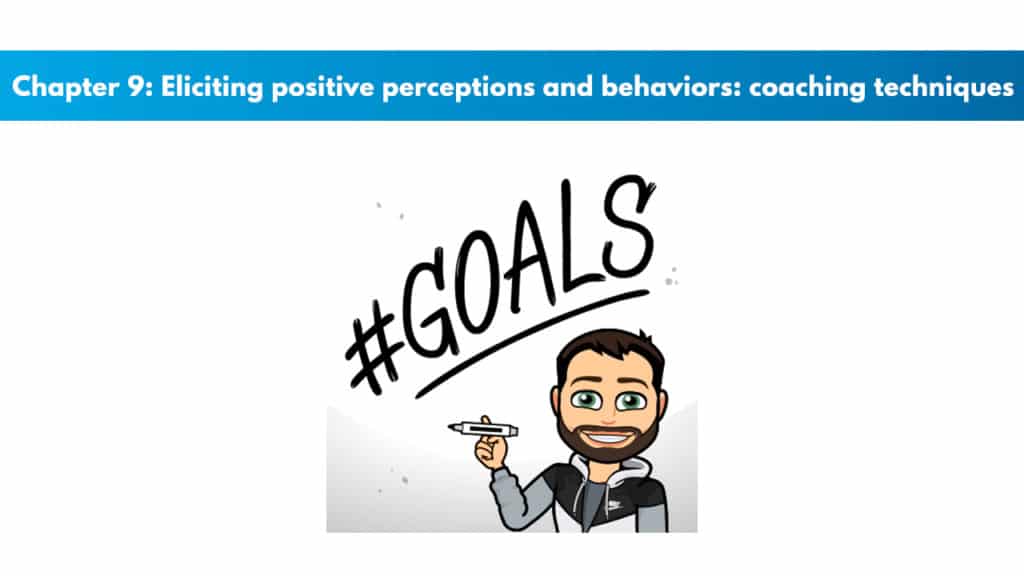
Get your copy of the ACSM CPT exam cheat sheet. It helps immensely for studying for the exam.
My PTP students report cutting their ACSM study time and effort in half with Trainer Academy.
Benefit from the Exam Pass Guarantee and Retake Fee Guarantee. Plus, take advantage of my current discount code PTPJUNE for 35% off the MVP Program (Ends July 3rd, 2025).
Try it out for free here to see if it’s right for you, or read my detailed review for further insights.
Chapter Objectives:
- Discuss the Trainers’ coaching role.
- Know the effective coaching elements.
- Be aware of client behaviors that are verbal and nonverbal.
- Give the right responses to client behaviors.
- Know effective techniques like active listening, empathy, rapport development, appreciative inquiry, motivational interviewing, and the 5 A’s.
- Know how to establish rapport with self-efficacy, self-esteem, and self-concept.
- Find ways to use technology and alternative training methods when it isn’t possible to do face to face.
- See that clients have different visual, auditory, and kinesthetic learning styles.
Coaching Techniques
Two of the most important abilities of a trainer are the ability to be a strong oral and nonverbal communicator. Being able to communicate effectively will allow the trainer to use behavior change theories as ways to increase adherence and motivation. It also allows information to be given to the clients effectively.
Active Listening
This is a communication form that is both verbal and nonverbal. It is absolutely necessary for the family, business, and therapeutic meetings and relationships.
Exclusive PTP CPT Offers |
||
|---|---|---|
Most Popular Cert | Best Online NCCA Cert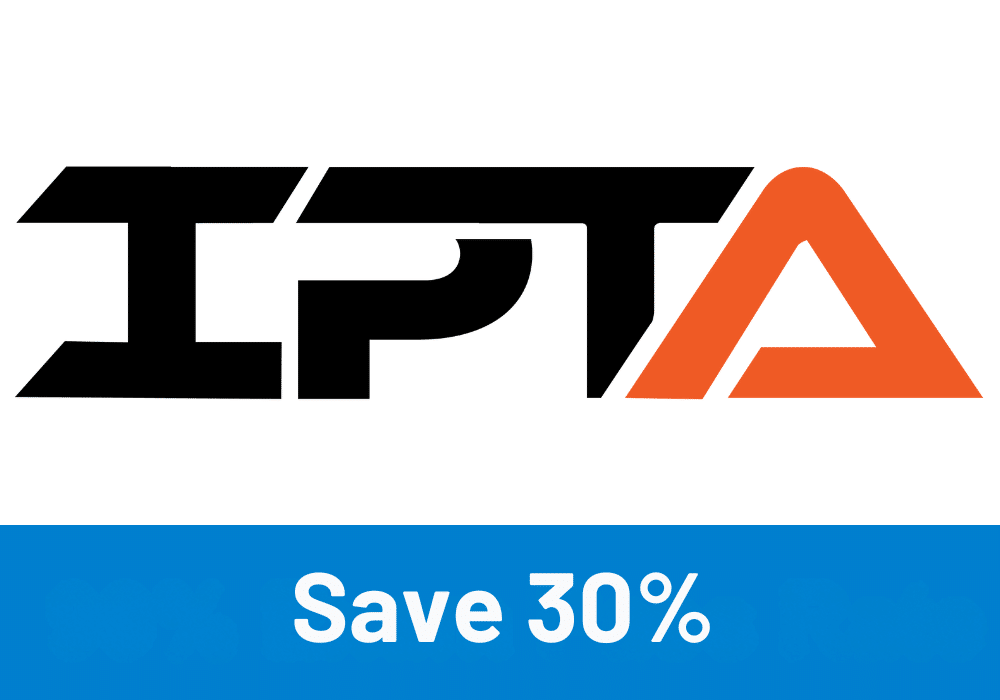 | Best Study Materials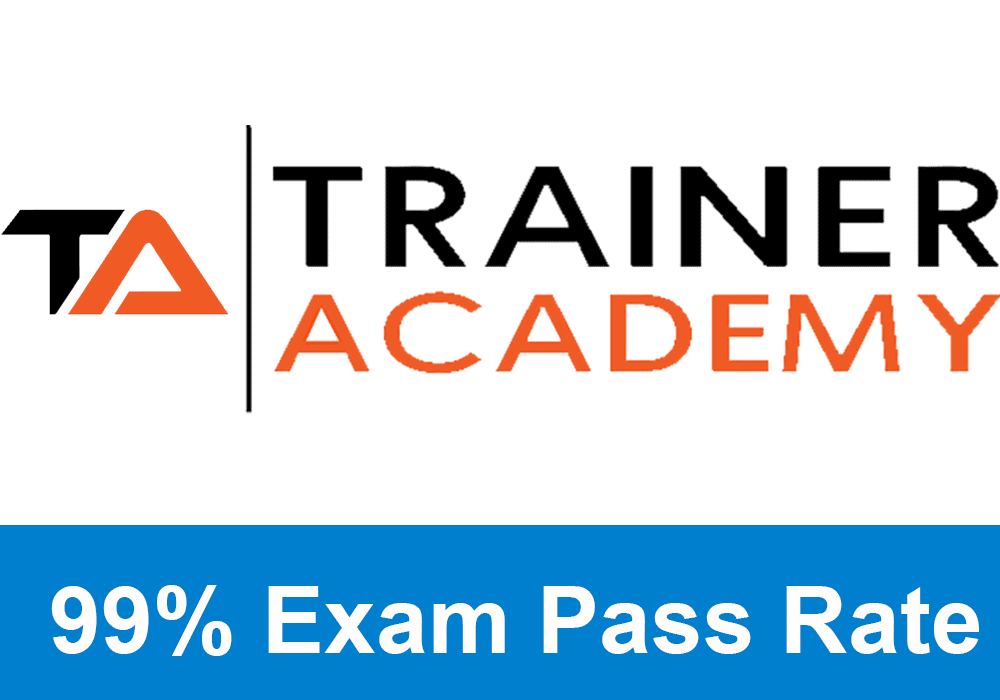 |
Gold Standard Cert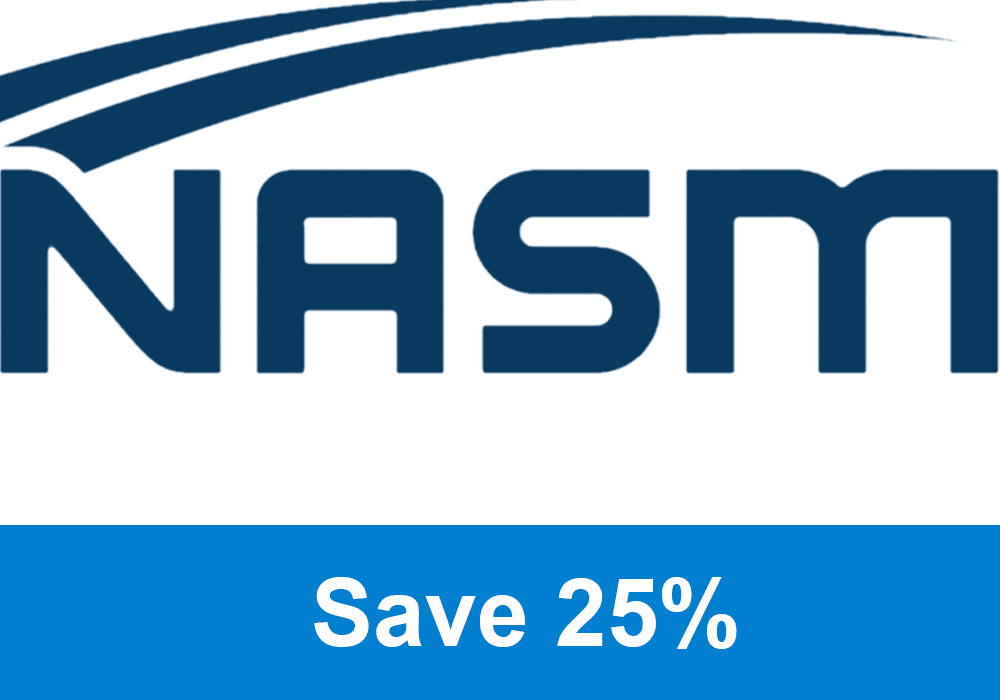 | A Good Option | Best CPT for you? 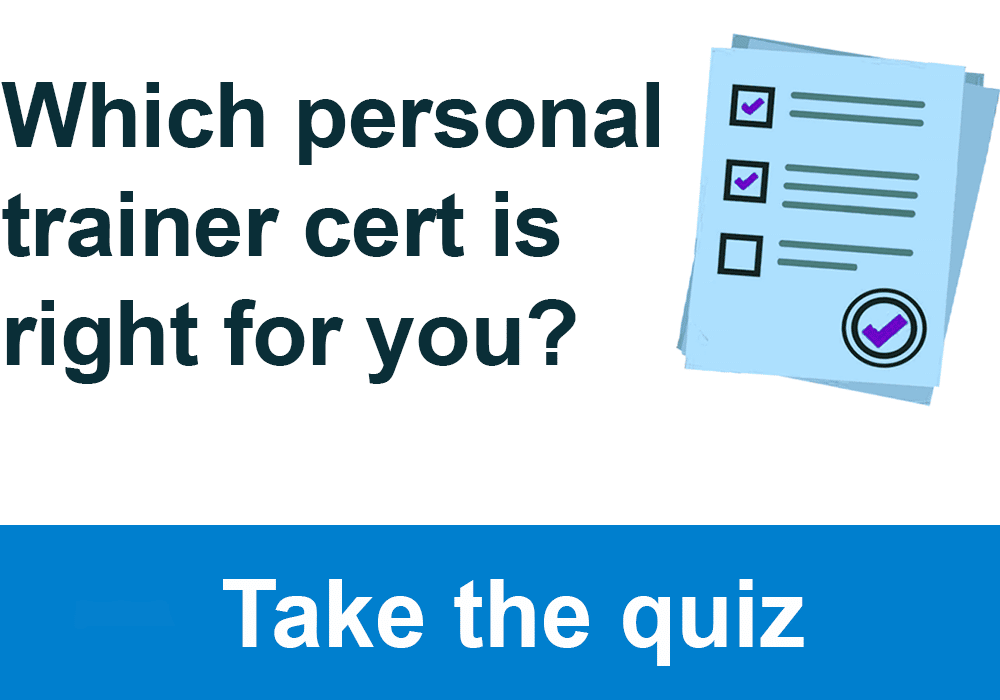 |
Put basically; this can include things like nodding your head at the right times, using effective eye contact, and restating the most important information.
Slang, metaphors, and other language forms might confuse and alienate your clients; thus, they should always be avoided.
The four elements of active listening are:
- Listening to statements that are spoken.
- Watching and learning the nonverbal cues of clients.
- Knowing the contextual anxiety.
- Finding and understanding statements that indicate opportunities for teaching and learning.
Listening actively will build trust and understanding between the client and trainer. Clients must receive this unconditional attention from the trainer without any perceived judgment. Probing questions will help to increase the effectiveness of this active listening. It is also important to create empathy for the clients.
Empathy
Having an emotional connection and growing that connection involves not only the previous active listening but also empathy being shown for the client. This is because sometimes active listening can give off the feeling of not being genuine or truly caring, but with the added empathy, it becomes more sincere.
Empathy is both affective and cognitive. It is described as being into someone’s experience. You care about what their experience is. Honesty, mutual respect, effective communication, and responding with warmth has been shown to give off empathy.
Empathy is influenced by gender, age, education, income, religion, and culture. Empathizing with clients is not always possible when they cannot place themselves in their shoes.
It is important for trainers not to attempt any manipulation of the client’s beliefs.
Exclusive PTP CPT Offers |
||
|---|---|---|
Most Popular Cert | Best Online NCCA Cert | Best Study Materials |
Gold Standard Cert | A Good Option | Best CPT for you?  |
Developing rapport
Rapport development is done through active listening and empathy. It helps the trainer partner with the client to address and evaluate problems.
Trainers should be sensitive to their clients and also show a strong sense of self-awareness. Previous situations can sometimes be added to the conversation, and then sometimes, it is not recommended.
The client and trainer might still have a problem even with a good rapport. The trainer should work with the client to quickly understand and solve any arising problems.
Appreciative Inquiry
We use this approach to motivate change, focusing on amplifying and exploring strengths. It successfully increases productivity, cooperation, effectiveness, and satisfaction of clients and employees.
It is best used when clients do not have an entirely clear focus for their actions, needs support for development and learning, and ants to discuss new experiences, wishes, values, or conditions.
Motivational Interviewing
This helps clients commit to changing unhealthy behaviors with the use of more client centered counseling through the combination of empathetic counseling and a direct approach to a decisive change.
This involves the use of Bem’s self-perception theory. This suggests clients are more dedicated to the things that they hear themselves defend. Motivational interviewing aims to resolve ambivalence, encourage clients to change their talk, and reduce the amount of resistance talk.
For motivational interviewing, the external motivation given by the trainer is used to inspire the client’s intrinsic motivation. The trainer should intervene or change their strategy when clients show passiveness, hesitation, or resistance.
The 5 As a model of Behavior Change Counseling
This is an evidence based approach that is used to change unhealthy behaviors. These are the 5 As:
- Assessing: measuring the beliefs, behaviors, and motivations of the client.
- Advise: The trainer advises clients based on their health risks and behaviors.
- Agree: The trainer and client agree on short and long term goals that are realistic.
- Assist: The trainer assists the client with the possible barriers they face, and they develop specific plans for those barriers.
- Arrange: Sessions are arranged with the client as a method of support.
It is important that follow up contact is provided in some form. This is short term or long term contact. The trainer should receive some contact to maintain behavior change.
Self-Esteem, Self-Concept, and Self-Efficacy
These are covered in the previous chapter. They are essential to the proper coaching of clients.
Other Methods of Communication
Phone Calls
Extra support should always be provided through phone contact, which is a good follow up after initial and subsequent appointments. You should confirm with the client when it is ok to call and if they like that communication method.
Print Materials
This need may still exist in some situations. Paper is a good communication method in waiting areas and when the web is not accessible.
Using Electronic Media
These are very popular visual aids and are becoming more and more common with the growth of the internet.
Emails are a popular method of contact for people, along with the use of video calling. Video calls may be used for training someone remotely.

 Have a question?
Have a question? 



Tyler Read
PTPioneer Editorial Integrity
All content published on PTPioneer is checked and reviewed extensively by our staff of experienced personal trainers, nutrition coaches, and other Fitness Experts. This is to make sure that the content you are reading is fact-checked for accuracy, contains up-to-date information, and is relevant. We only add trustworthy citations that you can find at the bottom of each article. You can read more about our editorial integrity here.